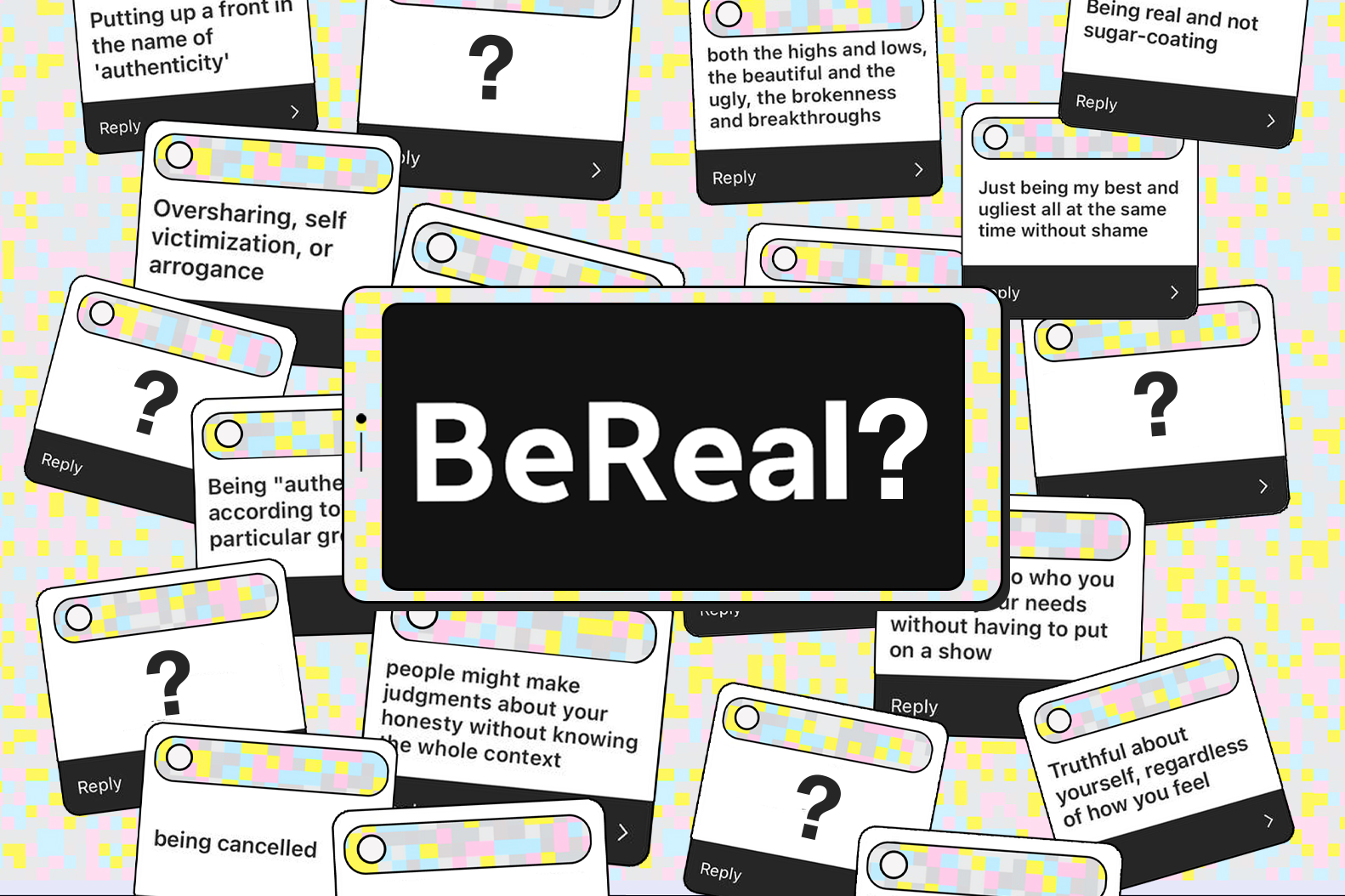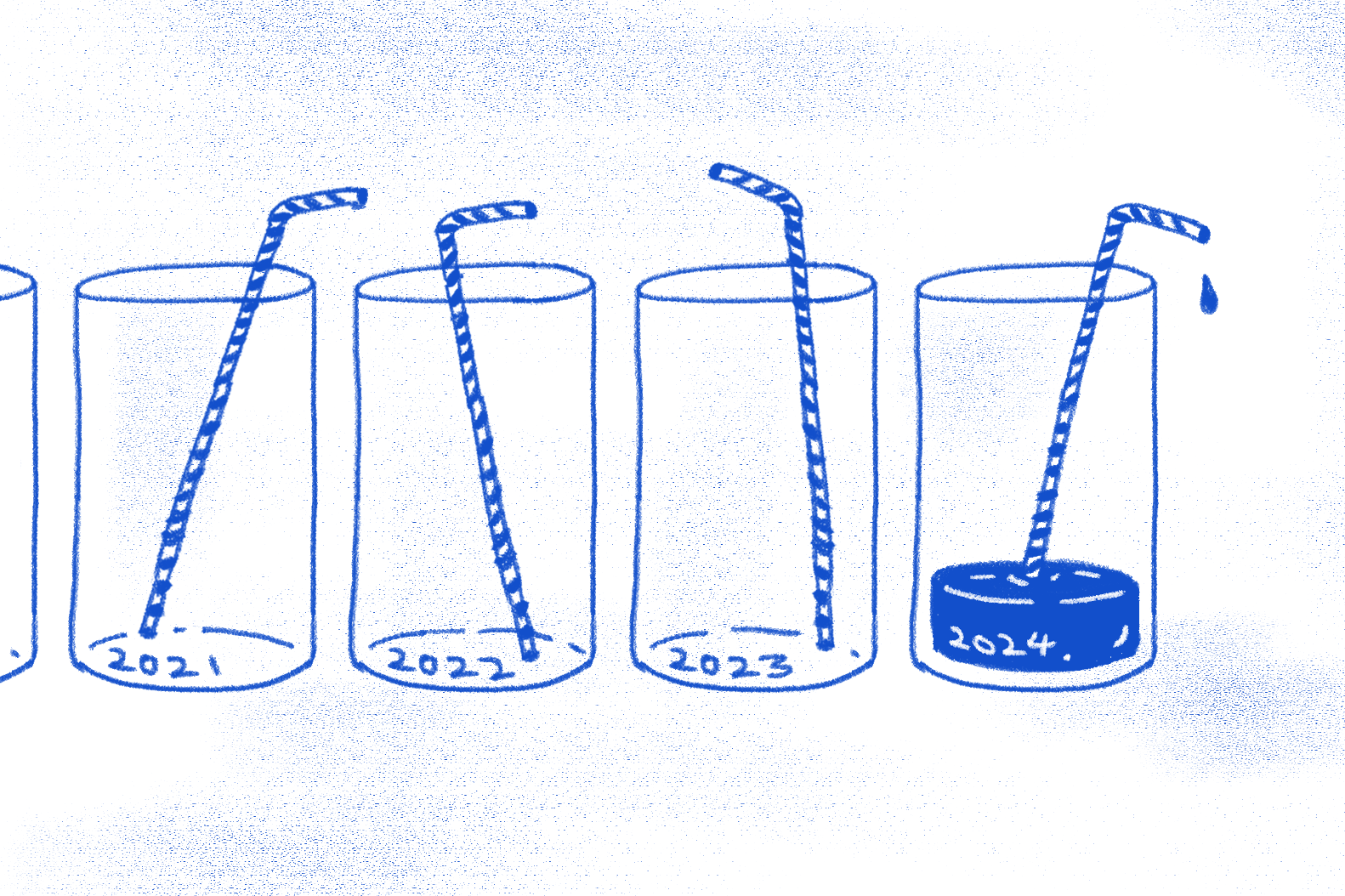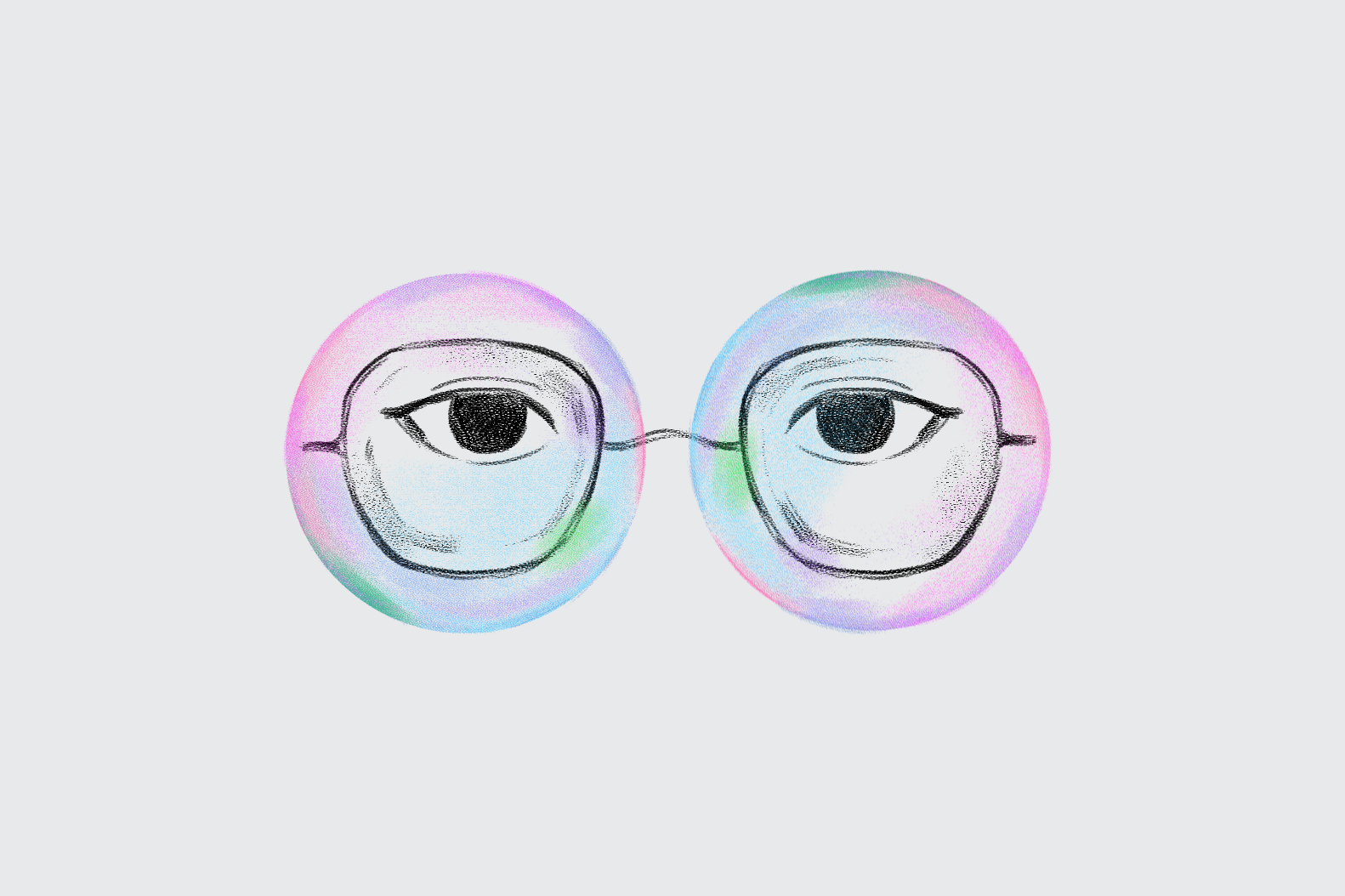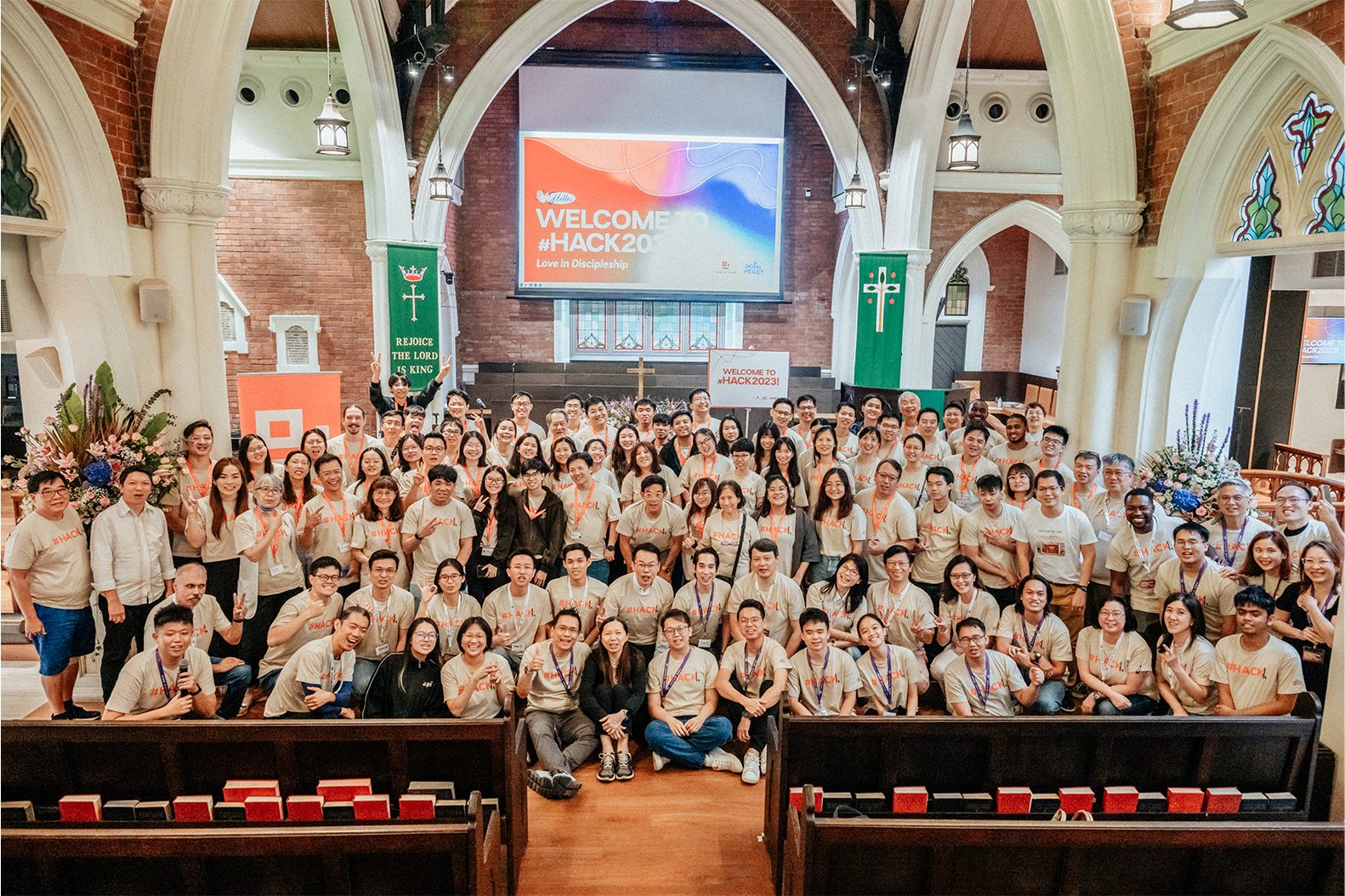Have you heard of BeReal? It’s an app that has been making waves recently as an anti-social media alternative which champions authenticity.
The platform’s promise and mechanics are simple according to its website:
Your Friends for Real.
Everyday at a different time, everyone is notified simultaneously to capture and share a photo in 2 minutes.
A new and unique way to discover who your friends really are in their daily life.
Notably, only when you post do you get to see what your friends posted as well. But that’s not all.
Fuelled by a FOMO that’s very much on-brand, social media’s other main players are launching their own anti-inauthenticity features.
There’s TikTok Now (released on September 18); Instagram’s supposedly testing a BeReal-like feature known as Candid Challenges; and even Snapchat is rolling out a new feature to try and get in on the authenticity game.
A fair shake
I have to be honest, I didn’t get what the hype was about when people started talking about BeReal.
Maybe that’s got to do with the fact that I don’t really care for Facebook (deleted) or Instagram (inactive since 2019). Or maybe it’s because I’m 30 now (mentally in some ways I’m 60… and six in others).
My disinclinations towards social media aside, I thought I would at least try the thing out.
So I did the whole shebang whenever the notification went off each day. I reacted to whatever my friends snapshotted. I left comments. I browsed the Discovery page.
And after all that… well, it still feels like social media with a new coat of paint.
The authenticity problem and fake-tigue
Once upon a time, virtually curating an image of your life was all the rage.
Friendster would have your mum spending hours on end shaping up her page.
Instead of studying, your older siblings were editing their Myspace in the hopes their romantic interests would take a hint (while scolding you for looking).
It was an interesting time. I mean, Blogspot even had people learning HTML, coding for clout.
This curation of one’s online presence became more intensive with improved ease of use like filters, formatting and editing tools that made their way into consumers’ hands.
Indeed, as new platforms like Facebook, Instagram and TikTok came to the fore, these platforms made it super easy for everyone – from grandma to the family dog – to get online and connecting.
Then they began to pave pathways beyond your page.
Now we have algorithms to drive your News Feed, Explore and For You Page, keeping you invested in creating your worlds and exploring others’.
And if the futurists are to be believed, the metaverse is the next step in this journey with its avatars, NFTs, DAO and many other things I can’t explain.
But the picture-perfect life filled with flatlays and manicured feeds might well be getting old for some.
If you’re genuinely willing to “be real”, it means you’re not performing something or faking it. That’s allowing someone else access and connection to something within you that’s genuine.
Many of today’s users have spent decades feeling out what it means to be online and might just be getting tired of what it’s become lately (I’m calling that fake-tigue).
With BeReal, the pendulum has now swung to the opposite end. It’s about “authenticity” now, and that’s been mostly summed up as:
- No filters.
- No retaking photographs (you’re discouraged).
- No time to prepare for your perfect shot (the daily notification is random, though you do have two minutes).
But is that really authenticity?
What is authenticity?
Over the weekend, we reached out to Thir.st readers on Instagram with that question (and a few others), and they told us what authenticity is.
For most of the responses, authenticity comes down to “being real”.
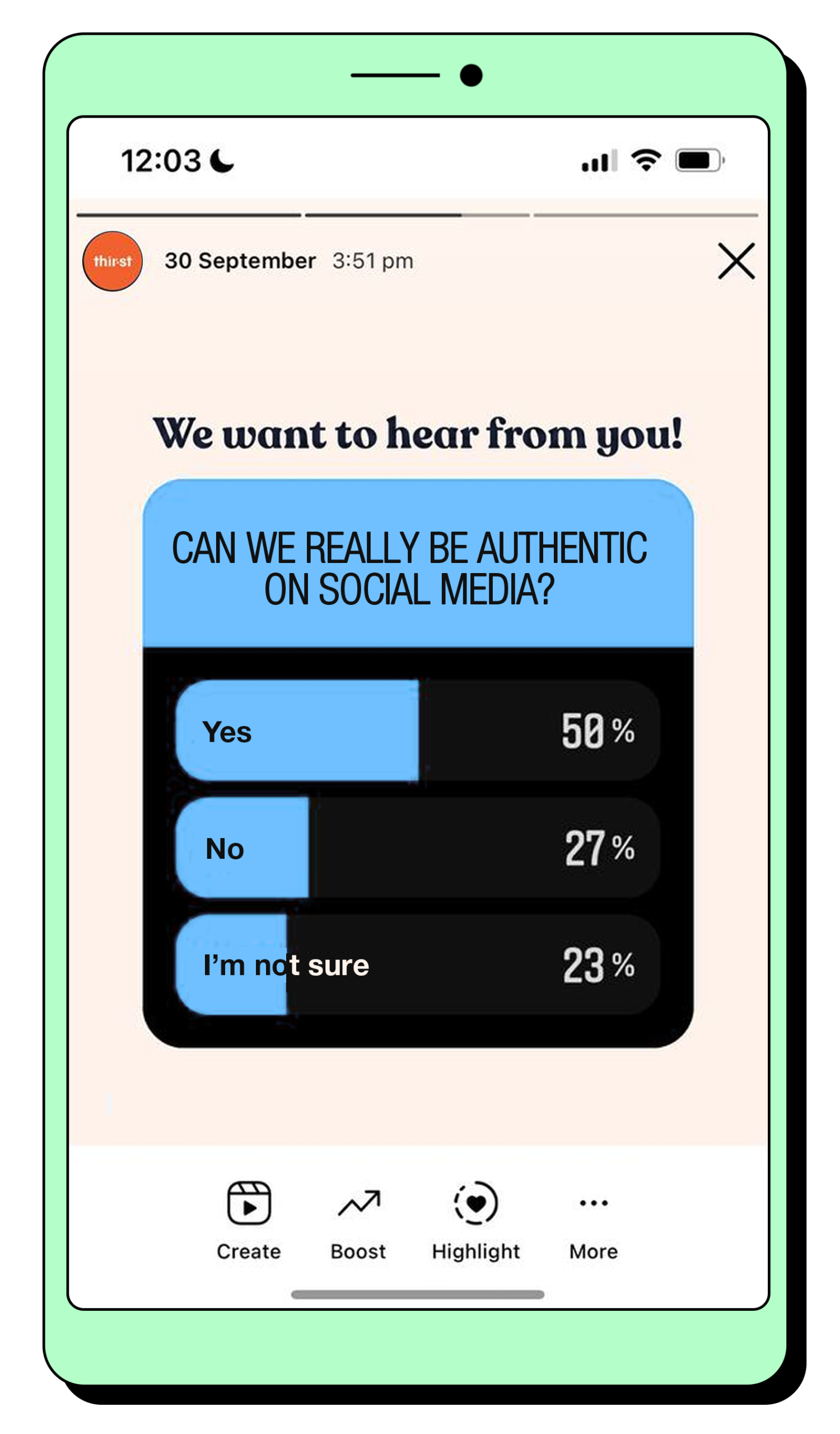
Here it’s helpful to break down what we mean by “being real” and pinpointing what is admirable about it.
When someone calls you “authentic”, it means you’re willing to “be real”.
If you’re genuinely willing to “be real”, it means you’re not performing something or faking it. That’s allowing someone else access and connection to something within you that’s genuine.
Somewhere between these definitions, being real necessitates making an intimate connection.
The problem is, it’s rare enough to come across that in person. I don’t know if you’ll find it in two-minute chunks or a photo post taken with your front and back camera.
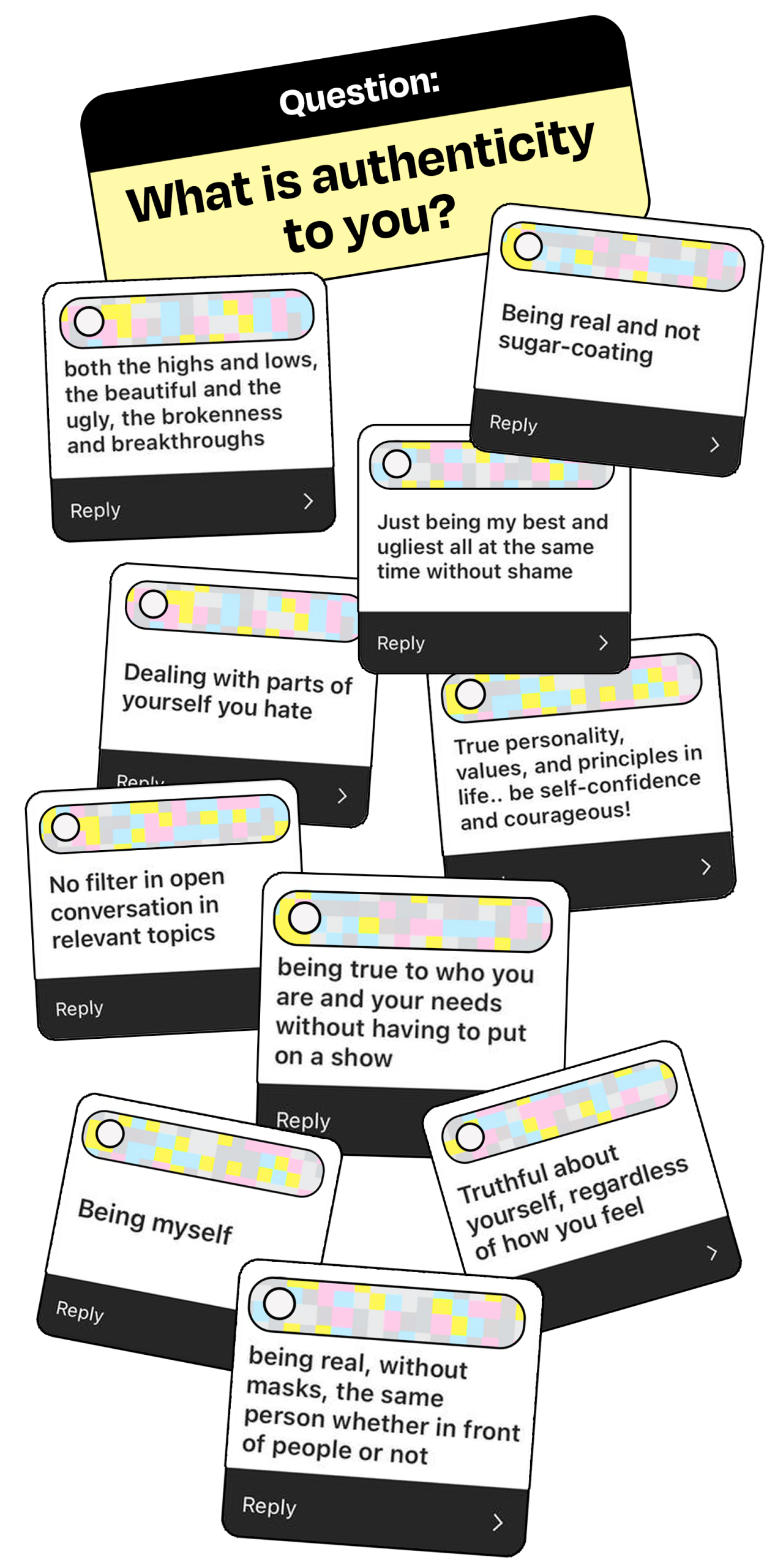
I wonder if I’m not alone in this, but I sense a growing frustration with the way life is presented and shared as it is on Instagram, TikTok and to a lesser extent now, Facebook.
I believe many are tiring of that and looking for something that isn’t performed, something more.
In response to this desire, I think BeReal has really good aspects about it that are worth commending because it does less.
For instance, you can’t play the fame game as there are no visible follower counts on profiles (the company’s fact sheet notes that “BeReal won’t make you famous”).
The posting and viewing mechanics of the app also mean that you should be spending far less time on it (in my experience, I found this to be true),
But while BeReal may be able to deliver (to an extent) on its promise of showing you how un-glam your friends are in their daily life, I don’t think it meaningfully challenges the performative, comparative and alienating experience social media has become.
I mean, if BeReal is positioning itself as a response to the inauthentic and alienating experience social media so often is, then there was a huge disconnect for me in the Discovery page.
Discovery is endless snapshots of stranger’s lives that have no relation to you, no context for you, no way for you to communicate beyond reacts, and ultimately no real meaning to you.
That alone broke the experiment for me, and I think we would do well not to conflate the random, banal and mundane with that which is truly authentic — vulnerability, honesty and deep connection.
It’s a shadow of human connection dressed up in the latest clothes of an instantaneous culture.
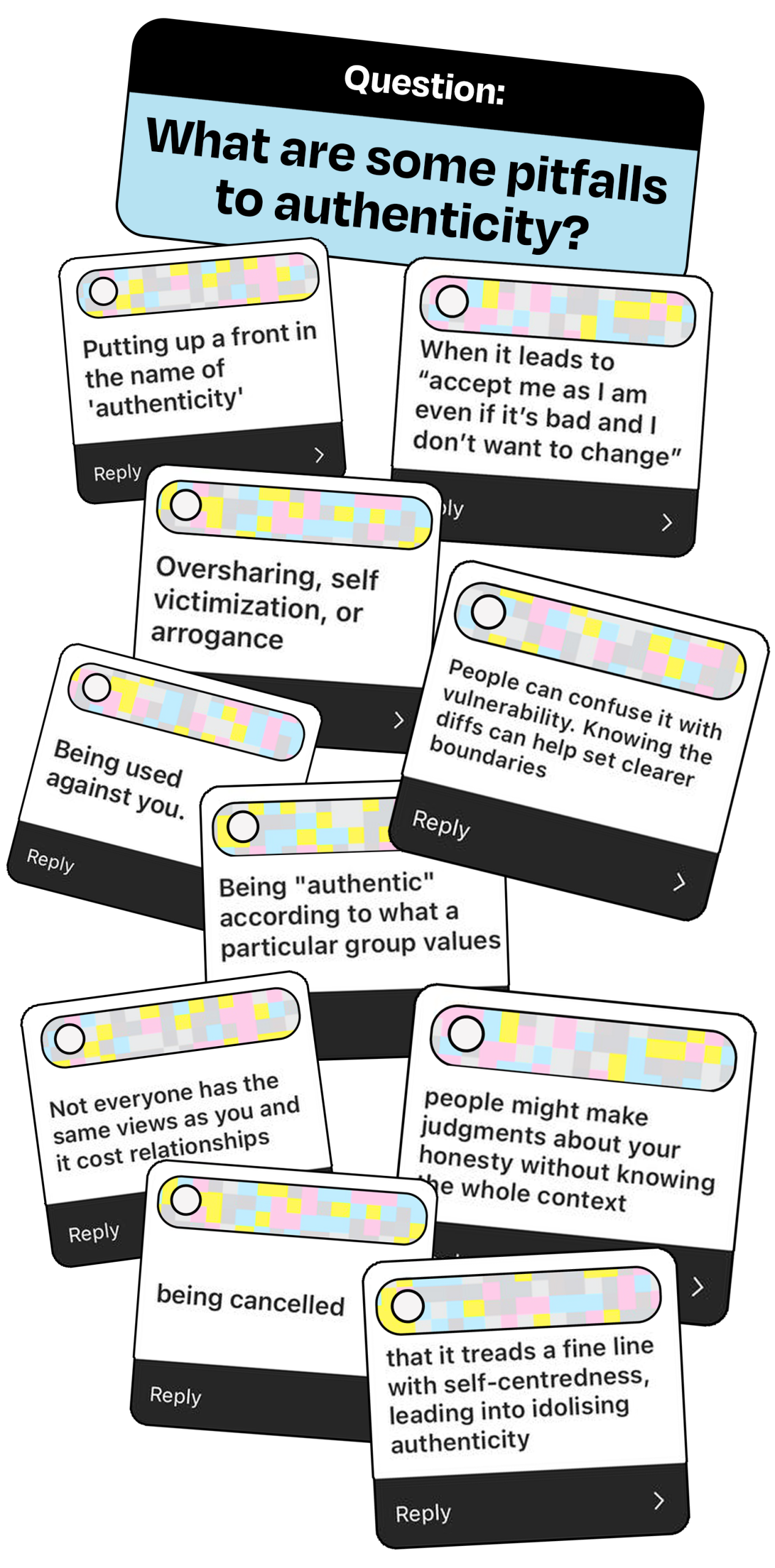
Also, if we’re being real, then BeReal’s B-reel, filler footage still ultimately exists to tell a story: “Look at me and what I’m doing.”
As long as you have a say in that matter, you’re still going to be crafting a narrative in some way, to be seen in some way.
It’s just how it is. For instance, getting on the app in the first place, so that one might be seen as brave, candid, open, authentic.
I don’t think it meaningfully challenges the performative, comparative and alienating experience social media has become.
I’ll hang around on the app for a bit longer, but I’m still of the opinion that authenticity is a lot closer to what happens when you close the BeReal app and the cameras are off.
It’s who you are at home; who you are when no one is watching.
We’re all searching for something real
Will BeReal stand the test of time or pass as a fad?
The pendulum swings on between culture’s persuasions of the day — curation and authenticity — but will never hit the mark of God’s design for identity and fellowship.
In one, we create an image of ourselves for others to see. In another, we still do it albeit to a lesser extent, or we embrace “who we really are” and hunker down, warts and all.
At both ends are idols. We are not called to create or curate images of ourselves in ways that the online world is filled with.
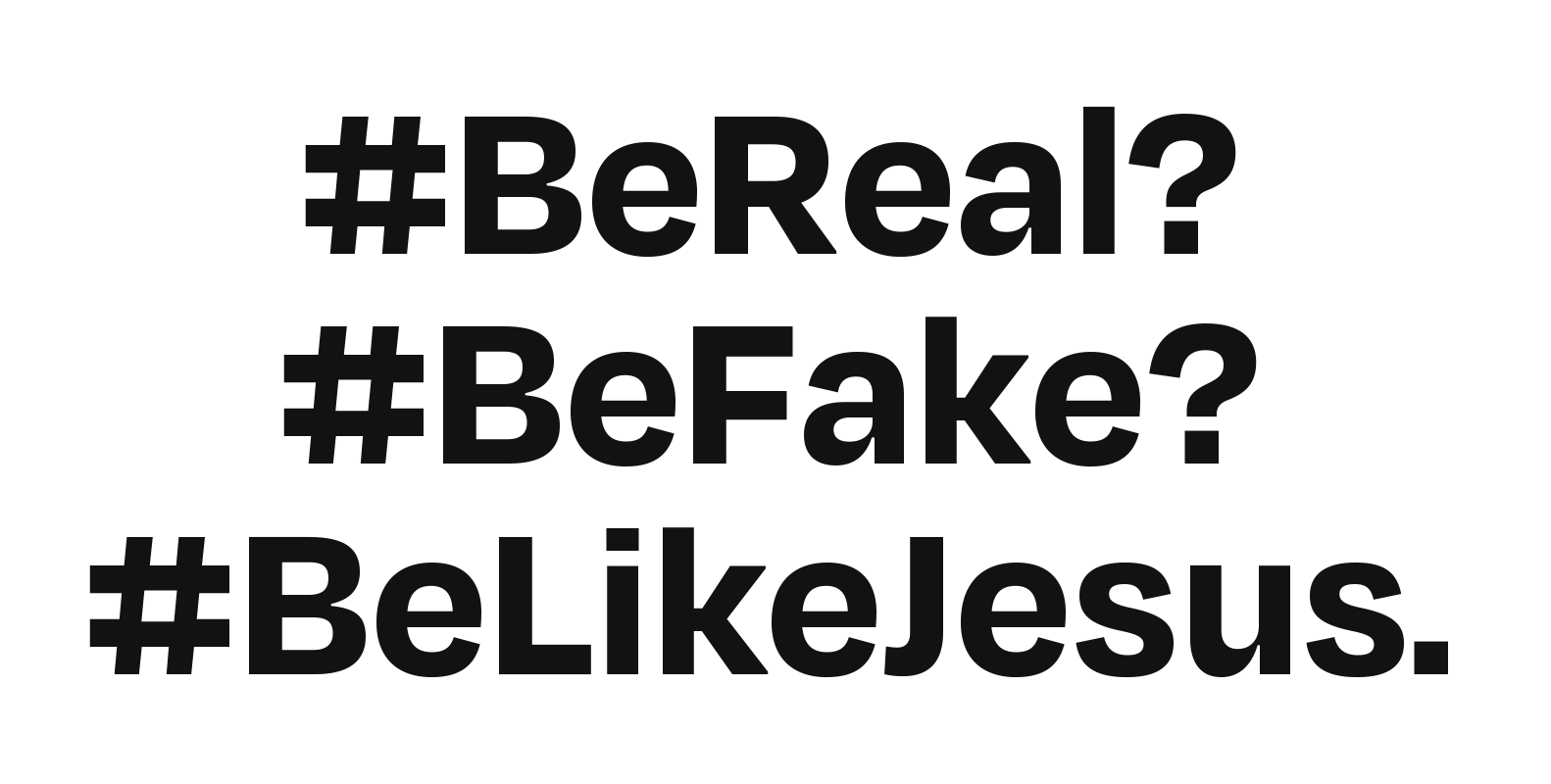
As to the other end, my editor also had a great point about modern authenticity, in that believers should also realise that “staying true to self” is against biblical exhortation, which is to die to self.
Authenticity that is meaningful takes time, costs us something and points to God.
And while we’re looking up, there’s already an image there that’s the only one worth building a life after: Christlikeness.
- Define authenticity.
- How does that line up with how the Bible says we are to present ourselves as believers?
- How much time do you spend trying to be real vs trying to be like Jesus?


